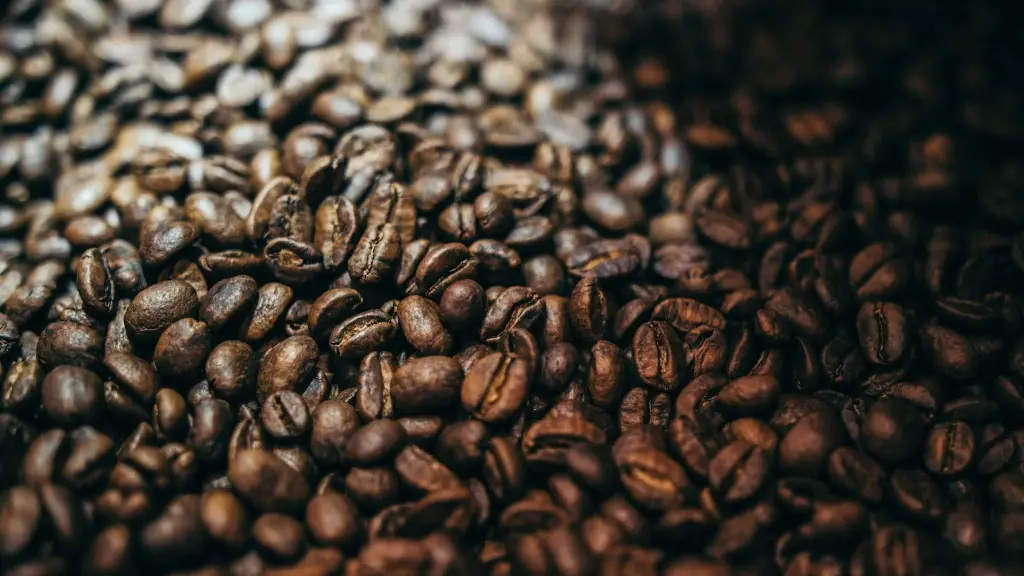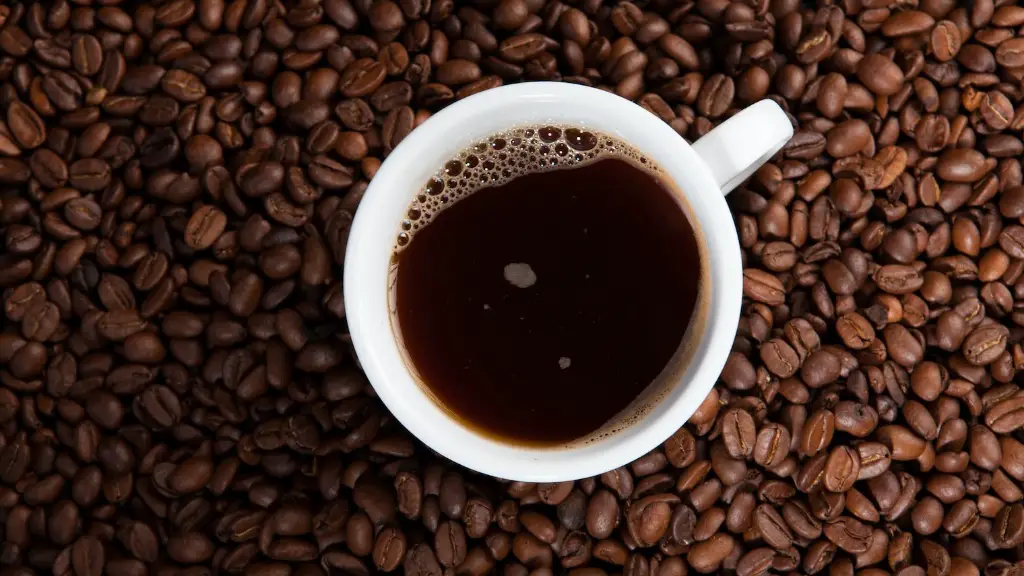The caffeine effect
Coffee, a beverage enjoyed by millions worldwide, consists of several active compounds, the most common being caffeine. Caffeine is typically consumed to benefit from its energizing and alert-enhancing properties. It acts on the body’s nervous system by increasing the levels of noradrenaline and dopamine, resulting in an improved reaction time, focus and cognition. Caffeine can also make you feel more energized, confident and even have a positive effect on one’s mood. While its benefits can be desirable in certain situations, caffeine can also be harmful in higher doses.
Sleep disturbances and anxiety
In high doses, caffeine can cause various adverse effects, such as anxiety and restlessness. A bit of coffee in the afternoon can help wake you up after a long day of work, but if you drink too much, it can make it harder to fall asleep. Research suggests that the effects of caffeine on the body’s biochemistry can linger up to 10–12 hours, making it difficult to fall asleep and stay asleep. In people who are prone to high levels of anxiety, caffeine can worsen the condition. Caffeine consumption can increase levels of cortisol, a stress hormone, and can lead to higher levels of anxiety.
body condition and metabolic health
High levels of caffeine consumption can also affect the body’s metabolism and physical condition. Caffeine can irritate the stomach, causing nausea, vomiting, and diarrhea. It can also lead to irritable bowel syndrome, as well as harm the nervous system. Some people find that caffeine can cause headaches and migraines, although the exact mechanism of how this occurs is still unknown. It is also known to be addictive, so it is important to try to find balance in consumption and not to rely entirely on the drug.
Psychological effects
Caffeine consumption can also have psychological effects. In some cases, caffeine can lead to feelings of agitation and anxiety, and it can worsen pre-existing mental health issues. Drinking coffee on an empty stomach can have a drastic effect and can lead to feelings of dizziness, tremors, palpitations, and other symptoms. Additionally, it has been suggested that caffeine has a potentially harmful effect on memory, especially if consumed in large amounts.
Situations to avoid drinking coffee
It is easy to develop a ‘cafecito’ habit, relying on coffee throughout the day to stay alert and energized. However, this can be unhealthy and can lead to a variety of side effects. Here are some situations where it is better to avoid drinking coffee:
- Before going to bed. If you’re having trouble sleeping, avoid drinking coffee in the evenings, as it may make it hard to sleep.
- If you are pregnant or breastfeeding. If you’re expecting or currently breastfeeding, it is better to talk to your doctor before you make any decision.
- If you’re suffering from health conditions. Caffeine can worsen certain conditions like anxiety and depression, so it is better to make sure to speak to your doctor first.
- If you’re feeling tired. Rather than relying on coffee for an energy boost, it is better to get more sleep or engage in physical activity.
- If you’re taking certain medications. Caffeine can interact with certain medications, so it is best to speak to your doctor before consuming any.
How to avoid excessive caffeine intake
If you find it difficult to moderate your caffeine intake, here are some strategies you can try:
- Keep track of how much caffeine you are having. This can help you become more mindful of your consumption and make sure you are getting the right amount.
- Choose other alternatives. There are decaffeinated and herbal teas, which can be just as energizing. Also, certain foods can boost your energy levels as well, such as certain fruits, nuts and even dark chocolate.
- Focus on the quality of your coffee. Not all coffee is created equal: some might be higher in caffeine, so it is best to get to know the type you are consuming.
- Drink plenty of water. Caffeine can dehydrate your body, so make sure to stay hydrated throughout the day.
Medical expertise on when not to drink coffee
When it comes to caffeine intake, it is best to speak to a medical professional in order to get an opinion tailored to your individual health condition. Experts suggest that people suffering from anxiety, depression and other mental health conditions should avoid drinking coffee, as it can worsen the symptoms. People who are taking certain medications should also talk to their doctor before drinking coffee, as it can interfere with their medications.
Expert’s opinion on when not to drink coffee
Experts suggest that moderation is the key when it comes to caffeine intake. Most people don’t experience any adverse effects if they consume up to 200mg of caffeine daily, which is about two cups of coffee per day. It is also important to pay attention to the type of coffee you are drinking, as certain varieties are much stronger.
Healthier Alternatives
If you are looking to cut down on your caffeine intake, it is important to find healthier alternatives. Many foods and drinks can give you an energy boost without using caffeine, including water, green tea, kombucha, chamomile tea, bananas, nuts and seeds. Additionally, regular physical activity can be a great natural energy booster as well.
Impact of caffeine withdrawal
It is important to note that once someone has developed a habit of relying on coffee, they will experience some form of caffeine withdrawal when they stop consuming it. Symptoms may include fatigue, headaches, irritability and difficulty concentrating. To properly manage this process, it is best to reduce the intake slowly and replace it with healthier alternatives.


